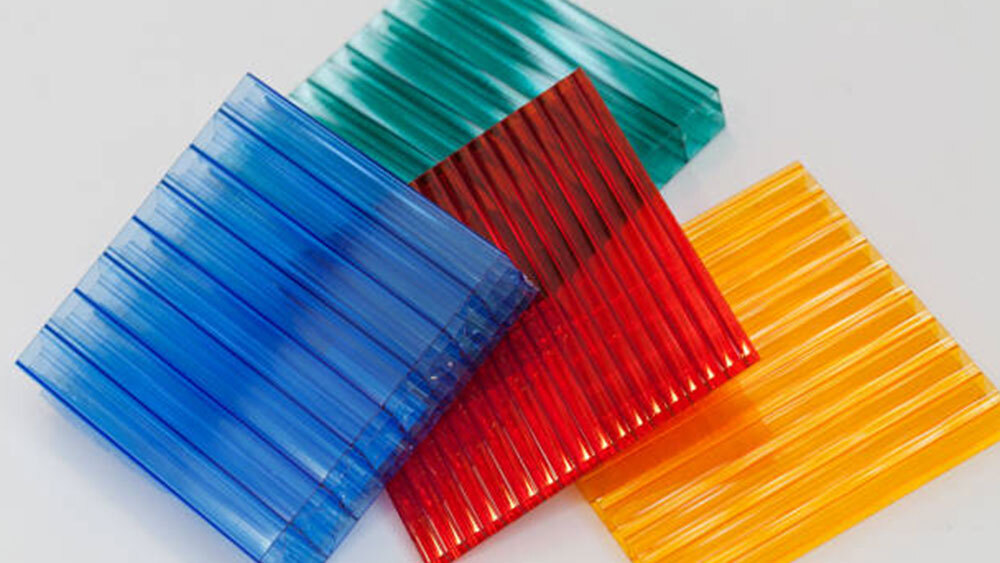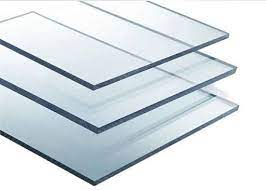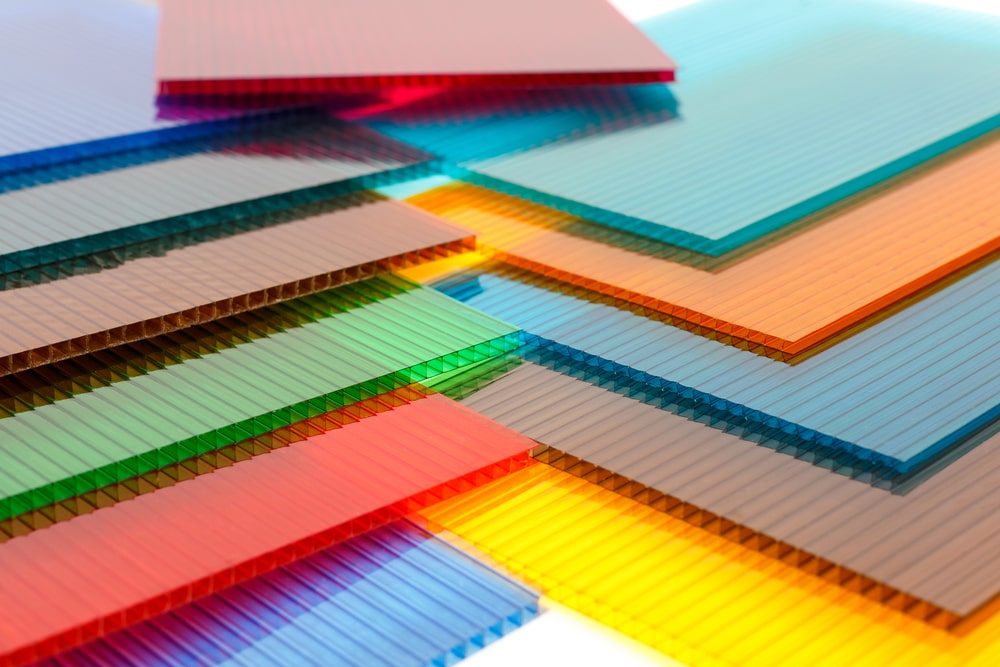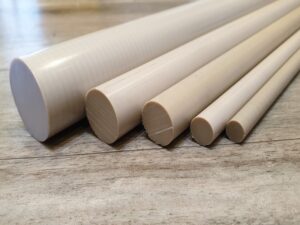Description
Polycarbonate: The Unbreakable Plastic Powerhouse
Polycarbonate (PC) is a versatile and highly durable thermoplastic known for its exceptional impact resistance, making it a workhorse material in a vast array of applications. From shatterproof windows to protective gear, PC’s unique properties have cemented its position as a leading plastic in industries worldwide.
What is Polycarbonate?
PC is a polymer containing carbonate groups in its chemical structure. This seemingly simple structure lends itself to a material boasting a remarkable combination of characteristics:
- Exceptional Impact Resistance: This is PC’s defining trait. It’s significantly stronger than standard glass and acrylic, capable of withstanding high impacts without shattering. This makes it ideal for safety glazing, protective barriers, and high-stress applications.
- High Clarity and Transparency: PC is naturally transparent, allowing for excellent light transmission. This makes it suitable for applications requiring visibility, such as lenses, skylights, and display screens.
- Good Heat Resistance: PC can withstand relatively high temperatures without deformation. This makes it suitable for applications where exposure to heat is a concern.
- Dimensional Stability: PC exhibits low shrinkage and maintains its shape even under varying temperatures. This makes it ideal for precision parts and components.
- Electrical Insulation: PC is a non-conductor of electricity, making it useful in electrical applications.
- Lightweight: Compared to glass and metal, PC is significantly lighter, making it easier to handle, transport, and install.
Applications of Polycarbonate:
The diverse properties of PC enable its use in a wide variety of industries and applications, including:
- Construction: Safety glazing, skylights, roofing, architectural panels. Its impact resistance makes it ideal for areas prone to vandalism or severe weather.
- Automotive: Headlight lenses, dashboards, interior trim, and body panels. Its durability and clarity enhance safety and aesthetics.
- Electronics: Mobile phone casings, computer housings, DVD/CDs, and connectors. Its strength and electrical insulation are crucial.
- Safety and Protective Gear: Safety glasses, helmets, face shields, riot shields. PC’s impact resistance protects against injury.
- Medical: Medical devices, surgical instruments, and laboratory equipment. Its biocompatibility and sterilization capabilities are essential.
- Optical: Eyeglass lenses, camera lenses, and optical discs. Its high transparency and optical clarity are paramount.
- Food and Beverage: Reusable water bottles, food containers, and beverage dispensers. Its ability to withstand washing and sanitizing is important.
Advantages and Disadvantages:
Like any material, PC has its pros and cons:
Advantages:
- High impact resistance.
- Optical clarity and transparency.
- Good heat resistance.
- Dimensional stability.
- Lightweight.
- Recyclable (depending on the type and process).
Disadvantages:
- Susceptible to scratching.
- Can be affected by certain chemicals.
- Can yellow with prolonged UV exposure (UV-stabilized grades are available).
- More expensive than some other plastic options.
Conclusion:
Polycarbonate has revolutionized how we protect ourselves and our belongings with its exceptional impact resistance and versatility. From safeguarding lives with protective gear to enhancing everyday objects with durable components, PC continues to be a crucial material in various industries. While it has some limitations, the benefits of PC often outweigh the drawbacks, solidifying its position as a powerful and essential plastic in modern manufacturing and design. As technology advances and new applications emerge, PC is likely to remain a vital material for years to come.











Reviews
There are no reviews yet.